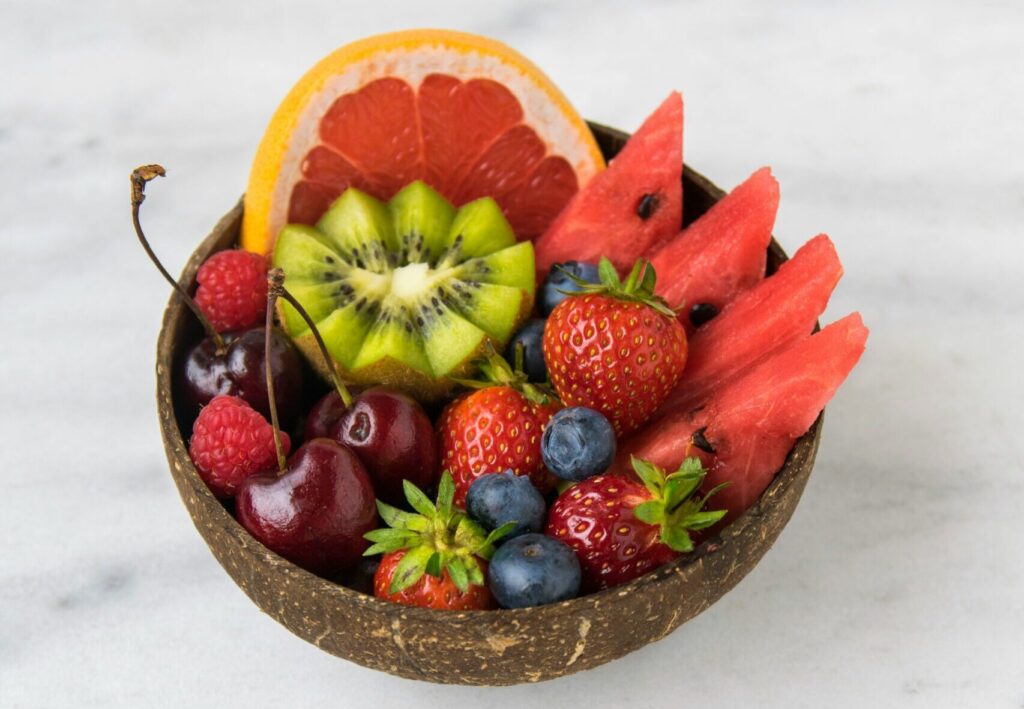Building muscle on a vegan diet is not only possible but can also be incredibly effective when done correctly. Despite common misconceptions about plant-based diets lacking sufficient protein for muscle growth, with strategic planning and the right food choices, vegans can achieve impressive strength and muscle gains. This guide will walk you through essential tips and strategies for building muscle on a vegan diet, highlighting the importance of macronutrients, calorie intake, and specific food sources.
Understanding the Basics:
To build muscle, your body needs a surplus of calories and sufficient protein to repair and grow muscle tissue post-exercise. Additionally, carbohydrates and fats play crucial roles in fuelling workouts and aiding recovery.
1. Prioritize Protein:
Protein is crucial for muscle repair and growth. Aim for a protein intake of 1.6 to 2.2 grams per kilogram of body weight, spread evenly across meals throughout the day. Plant-based sources rich in protein include lentils, chickpeas, tofu, tempeh, seitan, and a variety of beans and legumes.
2. Don’t Neglect Carbohydrates:
Carbohydrates are your body’s primary energy source, especially important for fuelling intense workouts. Include a variety of whole grains, fruits, and vegetables in your diet to ensure you’re getting enough complex carbohydrates for energy and fibre for digestive health.
3. Incorporate Healthy Fats:
Healthy fats are essential for hormonal balance, including the hormones involved in muscle growth. Avocados, nuts, seeds, and plant oils are excellent sources of healthy fats that should be included in a muscle-building vegan diet.
4. Monitor Caloric Intake:
For muscle growth, you need to consume more calories than you burn. Use a calorie tracking app or consult with a nutritionist to determine your caloric needs based on your activity level, and adjust your intake accordingly.
5. Supplement Wisely:
Consider supplementing with vegan protein powders (pea, hemp, or rice protein) to easily increase your protein intake. Vitamin B12, omega-3 (from algae oil), and vitamin D supplements may also be beneficial for overall health on a vegan diet.
6. Hydrate:
Adequate hydration supports overall health and muscle function. Drink plenty of water throughout the day, especially before, during, and after workouts.
7. Plan Your Meals:
Meal planning ensures that you’re meeting your nutritional needs and prevents falling short on essential macronutrients. Incorporate a variety of protein sources into your meals to cover the spectrum of essential amino acids.
8. Recovery Foods:
Post-workout nutrition is crucial for muscle recovery. Combine protein with carbohydrates in your post-workout meal or snack to enhance muscle repair and replenish glycogen stores. Smoothies with vegan protein powder, fruits, and leafy greens are a great option.
9. Strength Training:
Focus on progressive overload in your strength training routine, gradually increasing the weight and intensity to challenge your muscles and stimulate growth.
10. Be Patient and Consistent:
Muscle building is a gradual process that requires consistency in both nutrition and training. Stay committed to your vegan diet and workout regimen, and adjustments can be made as needed based on progress.
Building muscle on a vegan diet is entirely achievable with careful attention to diet, protein intake, and a well-structured workout plan. By focusing on nutrient-dense, whole foods and ensuring a caloric surplus, vegans can successfully achieve their muscle-building goals while enjoying the health benefits of a plant-based lifestyle.
Embrace the challenge of building muscle on a vegan diet with optimism and dedication. Experiment with different plant-based protein sources, tailor your calorie intake to your goals, and remain patient as your body adapts and grows. Share your vegan muscle-building journey and tips in the comments below, and connect with others on the same path for support and inspiration.



